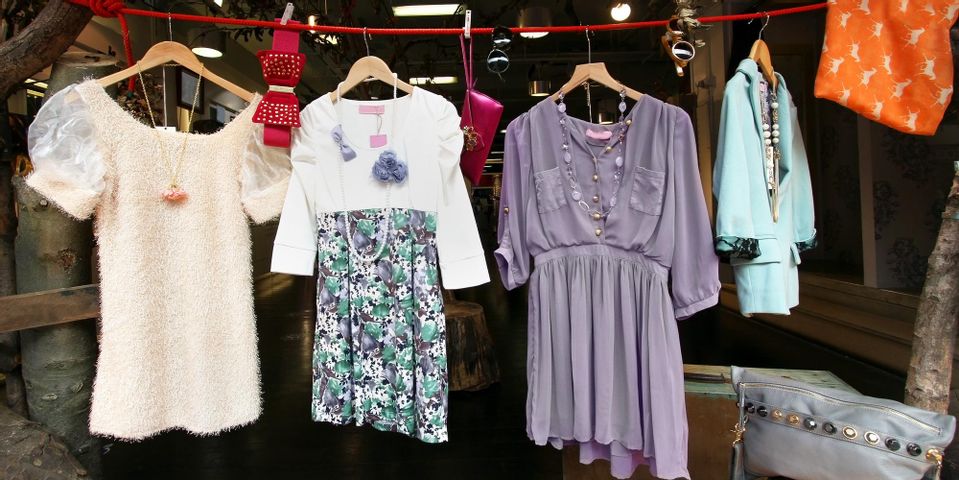
While recycling has become a common part of life for many, textile recycling remains a lesser-known process. It involves reusing or reprocessing textile materials such as used clothing, fibers, or scraps from manufacturers, and it’s a growing movement you might want to learn more about. Here’s a closer look.
The Textile Recycling Process & Its Benefits
How It Works
Textile recycling begins with donations, such as used clothing, footwear, bed sheets, curtains, and carpet. The most commonly recycled textiles include cotton, wool, nylon, polyurethane foam, burlap, and synthetic fibers, but any textile made of biodegradable material is feasible.
 Donated textiles are then sent to a fiber reclamation mill, where they’re sorted by type of fabric and color. The fabrics are then shredded, mixed, and cleaned before being rewoven or knitted into new material. This sustainable apparel is sold by manufacturers and retailers who specialize in recycled clothing.
Donated textiles are then sent to a fiber reclamation mill, where they’re sorted by type of fabric and color. The fabrics are then shredded, mixed, and cleaned before being rewoven or knitted into new material. This sustainable apparel is sold by manufacturers and retailers who specialize in recycled clothing.
Other Ways of Recycling Used Clothing
Some companies also accept donations of used clothing, which they clean and send to thrift stores and other retailers who specialize in secondhand clothing. Known as upcycled clothing, it differs from recycled clothing because the material isn’t broken down and recreated. Rather, it takes stained, torn, or flawed clothes and refashions them into wearable products.
Why It’s Important
Recycled clothing and other textiles allow the industry to conserve natural resources by saving virgin fibers. With a reported 17 million tons of textile municipal solid waste created in 2017, textiles take up approximately 8% of all landfill space, according to the EPA.
Natural fibers need hundreds of years to decompose in landfills, while many synthetic fibers never break down at all. Recycling is one way to conserve landfill space, and by recycling used clothing and textiles, there’s also less demand for dyes and fixing agents, some of which are chemicals that contribute to pollution.
Amclex in Miami, FL, specializes in recycled and upcycled clothing, giving new life to used fabrics. Their team collects, prepares, and ships used clothes to other countries, where it’s sold at low cost to the disadvantaged. Call (305) 634-1757 to donate used textile materials or visit their website to learn more about their services.
About the Business
Have a question? Ask the experts!
Send your question

